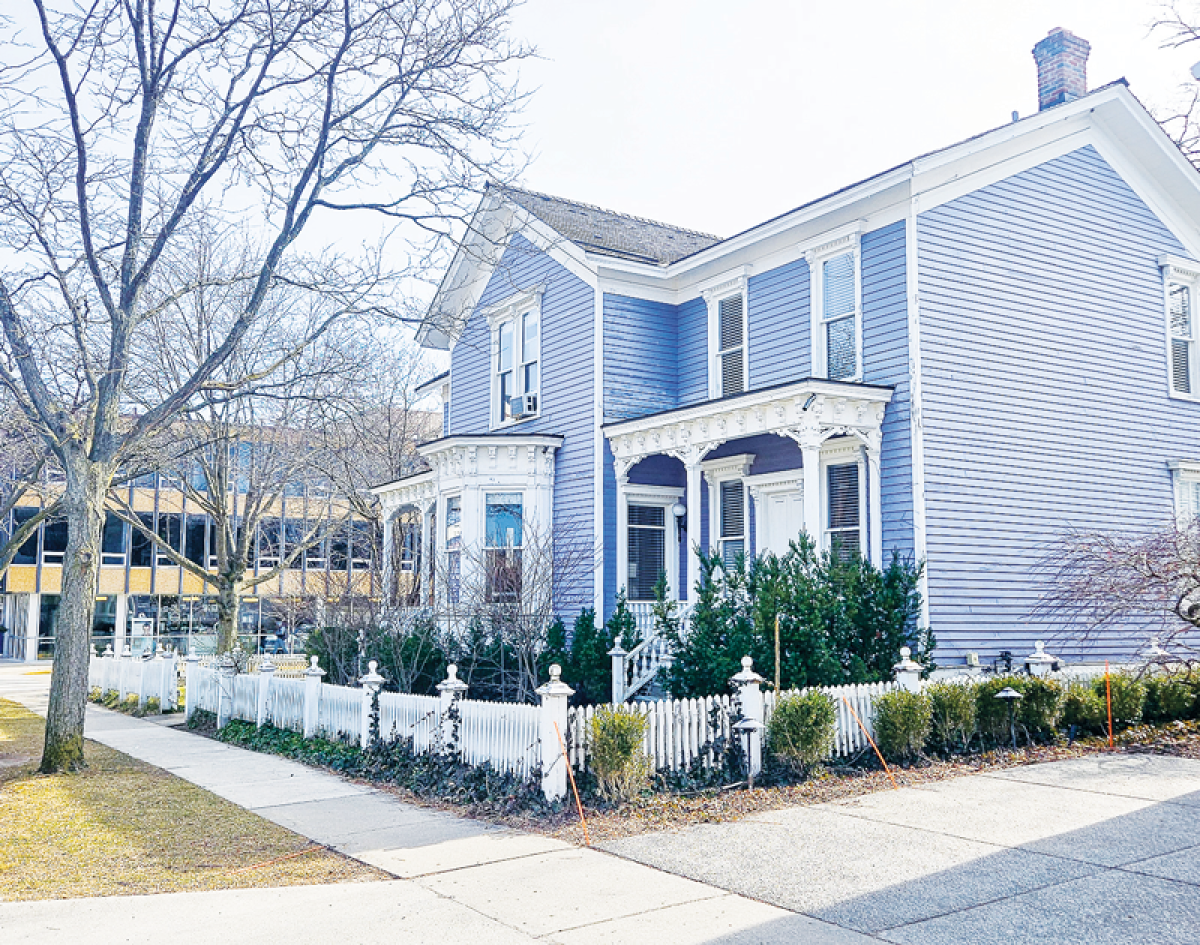BIRMINGHAM — As they prepare to develop a historic preservation master plan, the city of Birmingham’s Historic District Commission is seeking public feedback.
The city of Birmingham has been doing historic preservation work since the 1970s; however, they have never established a historic preservation master plan.
They recently posted a survey on Engage Birmingham to collect community input and get a feel for where the public stands.
“We are trying to get some feedback on what really matters to people, what types of resources they want to protect, their understanding of the historic resources that we have and how important it is to them,” Historic District Commission Vice Chair Dustin Kolo said.
Kolo said that Birmingham’s historic resources played a factor when he moved to Michigan.
“Birmingham was a very obvious choice for us just based on just the sense of place and belonging that you get from all of the historic resources that we have,” Kolo said.
Through this process, Birmingham Planning Director Nicholas Dupuis hopes to draw attention to the master plan, help the public understand the Historic District Commission’s rules and bring certain data to the surface.
For example, he said, he recently reported that Birmingham is losing 102 buildings per year, which if kept consistent, would mean they could flatten out the entire city of Birmingham and rebuild it all in 78 years or so.
“We’re excited to bring out some data to help support our claims and try to protect more,” Dupuis said.
There is no set timeline for how long this survey will be available. Once this survey ends, there will be more opportunities for community input both in person and virtually. However, this survey is in place to get an initial pulse on the topic.
“It’s too early to say what the actual bones of the plan are going to be yet,” Dupuis said. “We don’t want to formulate those goals or objectives until we get as much feedback as we can from the public.”
Dupuis said they are being aggressive with their efforts in creating the plan and are hoping to be done or nearly done by the end of the year. He said they have been doing things on an ad hoc basis: When things come up, they address them. However, they are looking to pivot from this reactive approach by forming a master plan.
“We want to get ahead of the train now and start working on that to build the support that we, frankly, need to make a program like this work,” Dupuis said.
He hopes that this process helps build a stronger culture around historic preservation in Birmingham. The survey can be found at engage.bhamgov.org.
 Publication select ▼
Publication select ▼






















